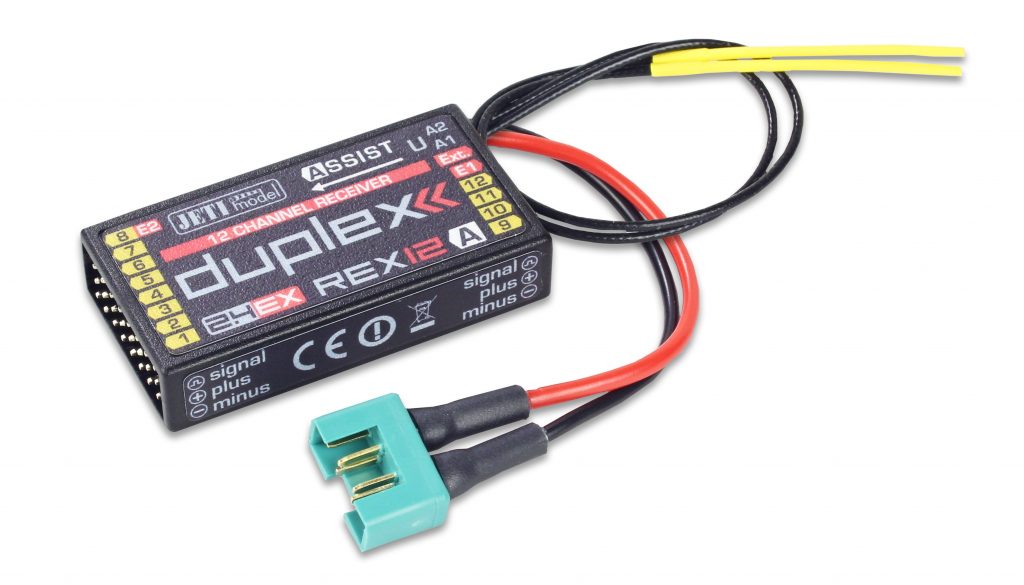Now that most of us are into our flying season, it’s time to dust off those old models that have been hanging around for the last few months. If you’re like me, spring is a time for me to update those older models and decide which ones are going to get my attention. Often, I will break out a model that hasn’t seen the air in years. There is no better time than now to equip a model with a stabilization system of one sort or another. I can hear some of you griping at me already. “I never needed a gyro thingy, why do I need one now?” The answer to this question is, of course, you don’t. We don’t need a gyro in the plane to go fly it. For many people, the idea of stabilizing electronics in model aircraft is akin to cheating. Whether it’s building, flying, or bench-racing that you enjoy most, the point is to enjoy it. Stabilization systems, or gyros as most pilots call them, can improve the enjoyment that we experience when we go out to fly. All of us have been through the dreaded maiden flight. Our hand shaking with the thought of all those hours spent completing a new model. This fear becomes one hundred times worse when it’s a scratch-built model or something of our own design. A well-tuned system can help alleviate these fears, knowing that even if the model is a little out of alignment or the cg is a little off, the system will help us keep it in one piece. Most modelers I know have had a model that is more difficult than others on take-off or landing. A stabilization system can take your worst nightmare and have you greasing it in like a pro. And let’s face it, there is no better tool for the new pilot to gain confidence than a model that will always return to level flight. We, as a community, have to embrace technology for its ability to improve the quality of our hobby experience. Do yourself a favor; get out there and try one of these systems for yourself. There are stabilization systems available at multiple price points and varying degrees of complexity. Shoot us an email at support@esprittech.com for more information on what might be right for you.
-Written by James Shupe




